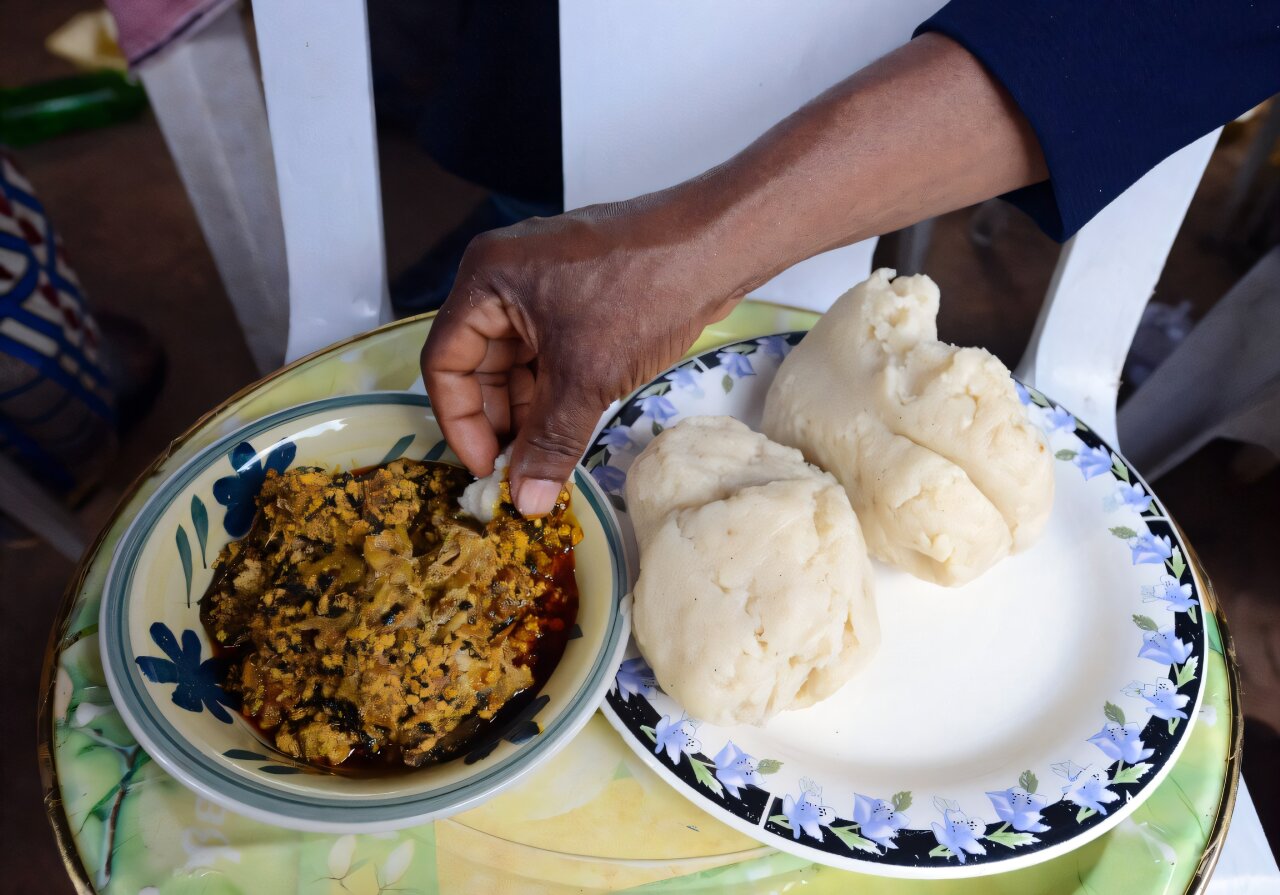Nigerian agrobiologists eagerly await the results of experiments with melon seeds that returned from the International Space Station last week. It is an integral part of highly nutritious Egusi soups, which may well be produced during space flights.
 Dishes made from Egusi seeds. Source: phys.org
Dishes made from Egusi seeds. Source: phys.org
Return from orbit
The Dragon spacecraft capsule returned to Earth this weekend. It brought back to Earth not only four astronauts who had spent five months on the International Space Station, but also a considerable amount of materials that had been in space for a long time.
And one such cargo is eagerly awaited by the International Institute of Tropical Agriculture in the southwestern Nigerian city of Ibadan. Local scientists want to obtain melon seeds, called Egusi, that have been exposed to cosmic radiation for a long time.
Scientists want to set these samples and try to grow plants from them. Thus, they want to find out whether it will be possible to grow it after a long space flight. They believe that this will solve the food problem during flights to other planets.
Soups and stews in space
In general, one might think that African farmers are simply entertaining themselves with the plants they are accustomed to. After all, experiments with growing something edible after finding its seeds in space have been conducted for a long time.
But these studies will certainly not be superfluous. After all, Egusi seeds are a component of traditional Nigerian soups and stews, which are very nutritious. They contain a large amount of protein. Finally, a flight to Mars, for example, will last for months, and people will spend at least as much time on the red planet.
Under such conditions, they will have to rely on what they grow in their greenhouses. And it’s better if they have a wide selection to choose from, because even the most delicious dishes can become boring after such a long time.
The reaction to these studies in Nigeria is also quite interesting. It would be difficult to call this African country a space power, but it has its own satellites in orbit. Nevertheless, the announcement of the launch of seeds into space caused almost more excitement than the launch of all previous satellites. Obviously, people were excited by the idea of flying into space and eating their favorite soup there.
According to phys.org